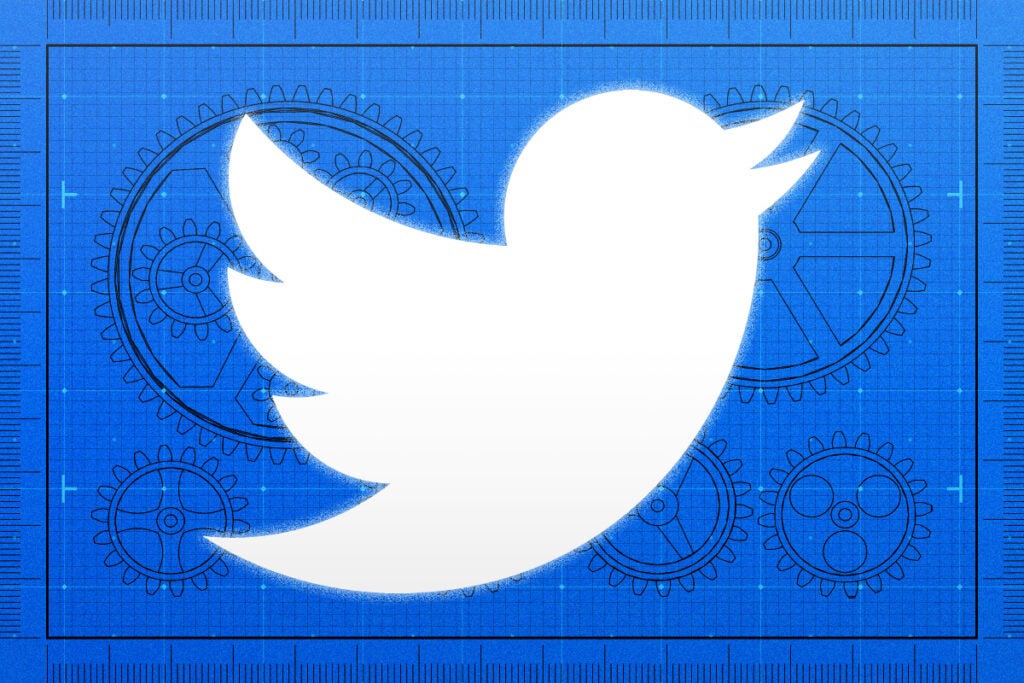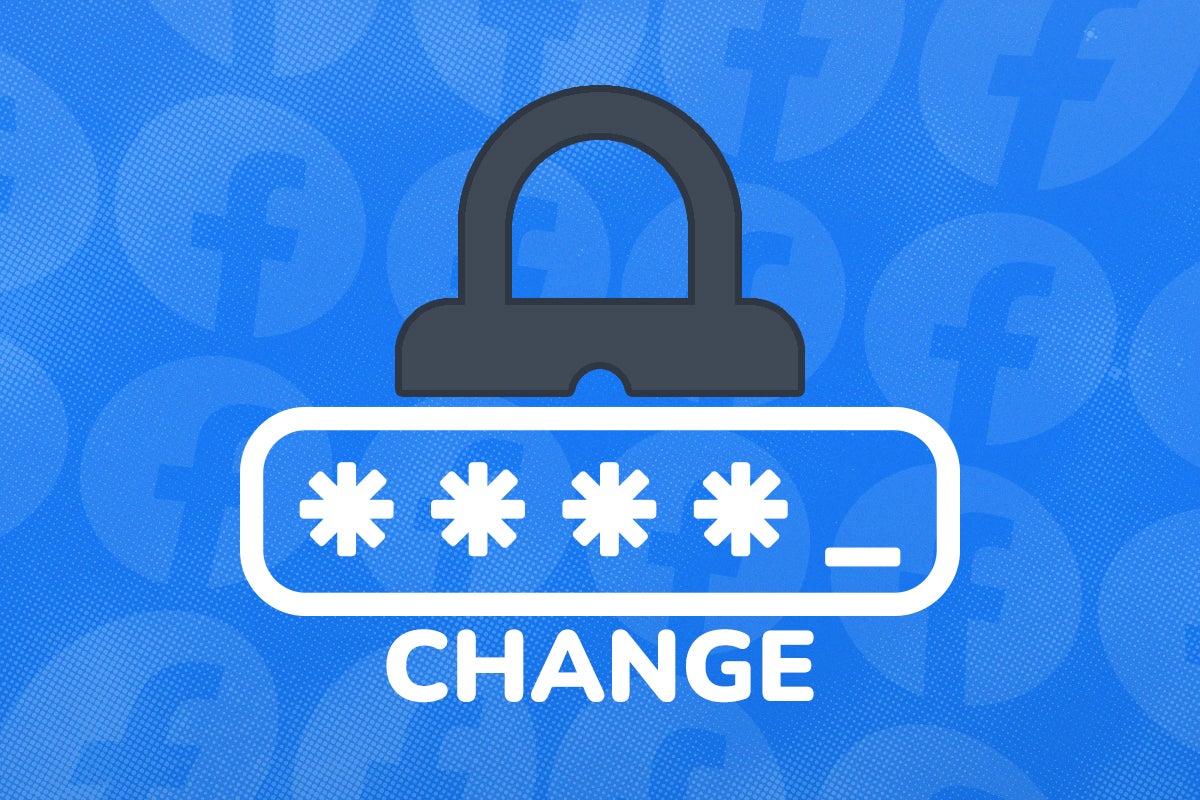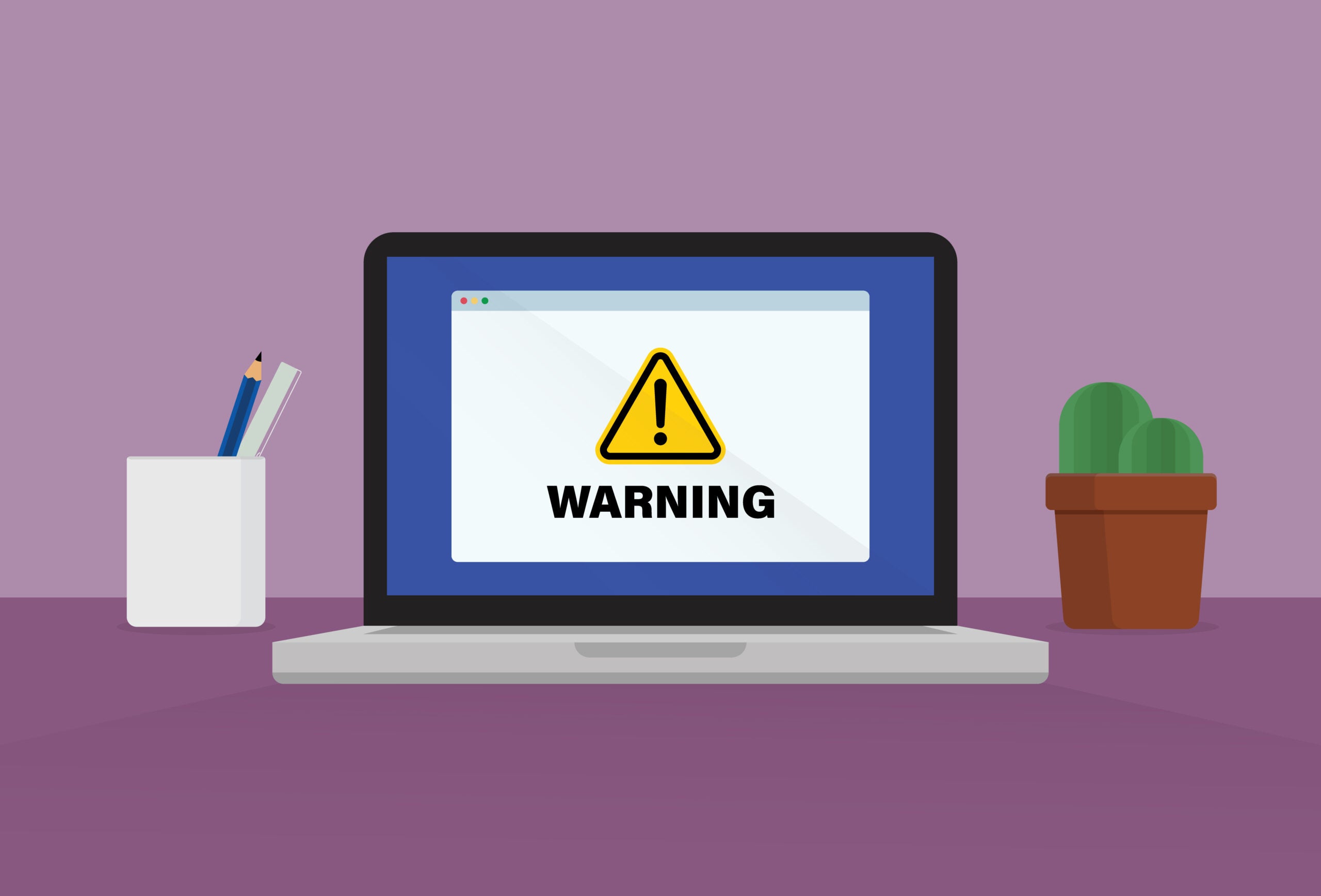What is a bot? Everything you need to know

Bots are regularly in the news, but the term gets used to describe a wide range of different accounts, from the legitimate to the outright illegal. From legitimate uses to Twitter spambots, let’s explore online automation.
Whether it’s shady attempts to influence elections or giving Elon Musk cold feet about buying Twitter there’s often a lot of shouting about “bots”, especially in the context of Twitter. But exactly what are they?

Save 81% on a VPN with SurfShark
Surfshark has dropped the price of its VPN to £1.94 a month. Head over to Surfshark now to pay a one time price of £46.44 for 24 months of Surfshark and save 81%.
- Surfshark
- 81% off
- £1.94 a month
What is a bot?
A “bot” (short for robot) is a program that runs internet tasks automatically, generally in a way that mimics human activity.
The use of helper bots became widespread in IRC (Internet Relay Chat), an instant messaging system dating back to 1988. Bots were used to keep channels (group chatrooms) open when they would otherwise close automatically when the last user left the room. The bots could be issued commands, such as to give admin privileges to authorised users or ban trouble makers.
You still see plenty of chatroom bots, from those designed to help with moderation tasks, to full-on “chatbots” designed to provide interactive customer support or route help requests to appropriate humans. Some simply pretend to be human as a demonstration of machine learning and natural language processing technology, which often feeds into commercial uses.
Malicious chatbots also exist, primarily created to send abusive, spam, or phishing messages on instant messaging services. You’ll also hear about “botnets” and “spambots”, where computers and other internet-connected devices are taken over by malware and used to access websites en masse to make them impossible for others to access, send spam emails, mine cryptocurrency for the botnet operator, or other nefarious purposes, unknown to their owners.
What are Twitter bots?
On Twitter, in particular (but not exclusively), the word “bot” has acquired some extended meanings, which don’t entirely conform with the established definitions of an internet bot.
There are plenty of entirely conventional bots, designed to post art or literature, automatically generate posts on a certain theme based on inputs set by their creator, or just act as automated accounts posting or retweeting relevant content for a specific outlet, from weather alert services to marketing content.
There’s a whole culture surrounding creative bots as an art form, but these are not what people mean when they talk about “Twitter bots” as a problem.

Problem “bots” fall into a few categories, although the distinction between these can be fuzzy and also encompass “sock puppets”, accounts controlled by someone else, intended to look like someone they are not. What they all have in common as far as Twitter is concerned is they’re “inauthentic”. They aren’t who they claim to be, and thus there’s no commercial benefit to showing their users targeted advertisements, the company’s key source of profit.
Twitter claims that 5% of the accounts on its service are fake, a figure that’s been called into question by the company’s purchaser, Elon Musk.
What are “Troll farm” accounts?
These are what people are referring to when they accuse other users of being “Russian bots”, as a number of notorious troll farms were based in Russia. A “troll” in this context is a person intent on making mischief online. The term has been used to cover activities ranging from pranks, to propaganda, to life-threatening harassment.
Although troll farm’s account creation can be automated, these are not true bots at all, as their posts and online interactions are actually controlled by genuine humans. Their job is to create a superficially genuine online persona on a social network, which they’ll then use to espouse political or commercial sentiments in support of the troll farm’s clients, often attempting to influence elections or public sentiment about social “wedge” issues.
Fake followers
Like troll farm accounts, these followers-for-hire accounts tend not to be fully automated, although account creation can be automated. Also known as “click farms”, the businesses sell engagement with your posts in the form of “likes”, comments or reposts.
Their key target audience is commercial organisations and would-be online influencers who want to convince advertisers or potential customers that they are already popular enough to be worth their attention.
This can backfire due to algorithmic weighting that limits the number of followers that your posts are shown to – more fake followers means that your content is put before the eyes of fewer real humans.

Save 81% on a VPN with SurfShark
Surfshark has dropped the price of its VPN to £1.94 a month. Head over to Surfshark now to pay a one time price of £46.44 for 24 months of Surfshark and save 81%.
- Surfshark
- 81% off
- £1.94 a month
Spam bots
These are more likely to be automated than the above types of “bot”, but the increasing difficulty of using the Twitter API (application programming interface) to automate illicit bots means that they’re also quite likely to be run from a click farm, with real humans searching for keywords and pasting in stock replies.
These are the standard replies offering to write essays for students, fix your computer, get back your stolen cryptocurrency, secure your hacked account, or even sell you a t-shirt with a picture you liked printed on it. These are typically engaged in fraud or phishing of some description.
It’s become popular to abuse spam responses to get extra visibility for posts by people in need, which is what’s going on if you see real accounts replying to a crowdfunding post with comments like “I need someone to help me write this essay.”







